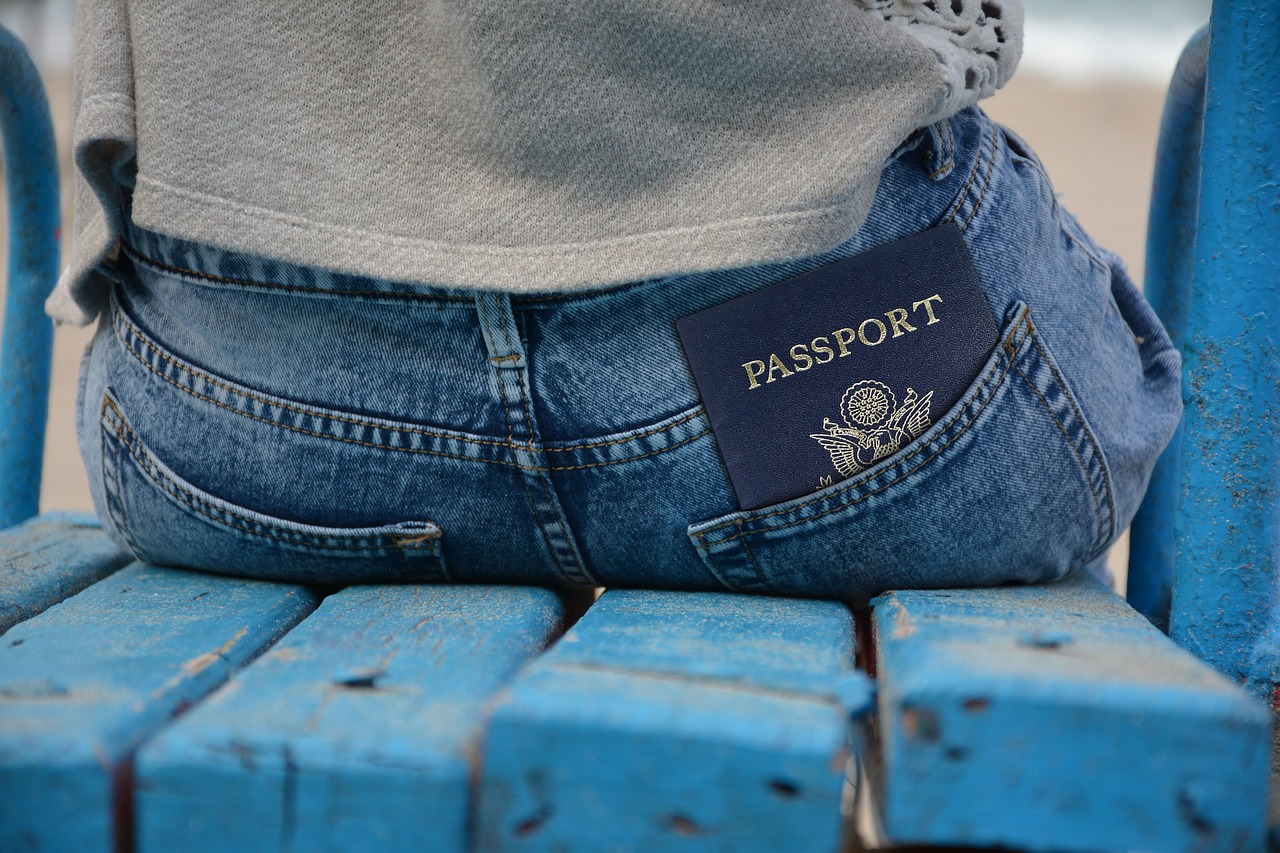The Joys of Slow Travel: Embracing a Leisurely Pace and Deepening Cultural Immersion
When we talk about enhancing your cultural experience through travel, embracing the concept of slow travel becomes essential. Rushing through destinations can often lead to a superficial understanding of the local culture, missing out on the nuances and authentic experiences that only reveal themselves with time. Taking a slow approach allows travelers to truly immerse themselves in the way of life of a place, fostering genuine connections and a deeper appreciation for the uniqueness of each culture.
By slowing down and spending more time in a specific location, travelers have the opportunity to engage more with the local community, participate in cultural activities, and even pick up elements of the language or dialect. This hands-on approach not only enriches the travel experience but also promotes cross-cultural understanding and empathy. Choosing to meander through alleyways, savoring local dishes, and engaging in conversations with residents can offer a more profound insight into the history, traditions, and values that shape a society.
Understanding the Benefits of Taking Your Time While Traveling
Slow travel allows you to truly soak in the essence of a new destination, providing you with a more authentic and enriching cultural experience. By taking your time to explore a place, you can connect with the local community, learn about their traditions, and gain a deeper understanding of their way of life. Instead of rushing from one tourist attraction to another, slow travel encourages you to pause, observe, and engage with the surroundings.
Moreover, embracing slow travel can lead to unexpected discoveries and meaningful interactions that can often be missed when moving quickly from place to place. It allows you to appreciate the beauty of the world at a leisurely pace, creating lasting memories and fostering a sense of appreciation for the intricacies of different cultures. By immersing yourself in local customs, cuisine, and way of living, you can develop a profound connection to the destination, leaving you with a deeper sense of fulfillment and a broader perspective on the world.
Ways to Fully Immerse Yourself in Local Culture Through Slow Travel
When engaging in slow travel to fully immerse yourself in local culture, consider staying in local accommodations such as guesthouses or homestays. These options provide a more authentic experience compared to hotels and resorts, allowing you to interact closely with locals and learn about their way of life. By sharing meals, conversations, and daily activities with your hosts, you can gain insights into the traditions, customs, and beliefs of the community you are visiting.
Exploring the destination on foot or by bike is another effective way to immerse yourself in the local culture. Walking through neighborhoods, markets, and streets at a leisurely pace allows you to observe daily life up close, interact with residents, and discover hidden gems that you may have missed when rushing from one tourist attraction to another. By taking the time to meander through the surroundings, you can savor the ambiance, sounds, smells, and sights of the place, fostering a deeper connection with the culture and people of the region.
What is slow travel?
Slow travel is a mindset of taking your time to fully immerse yourself in a destination, rather than rushing through to check off tourist attractions.
How can slow travel enhance your cultural experience?
Slow travel allows you to connect with local communities, learn the language, taste local cuisine, and experience local traditions on a deeper level.
What are the benefits of taking your time while traveling?
Taking your time while traveling allows you to truly absorb the local culture, build meaningful relationships with locals, and gain a deeper understanding of the destination.
How can I fully immerse myself in local culture through slow travel?
To fully immerse yourself in local culture through slow travel, try staying in locally-owned accommodations, participating in cultural activities, learning about the history and traditions of the destination, and engaging with the local community.





